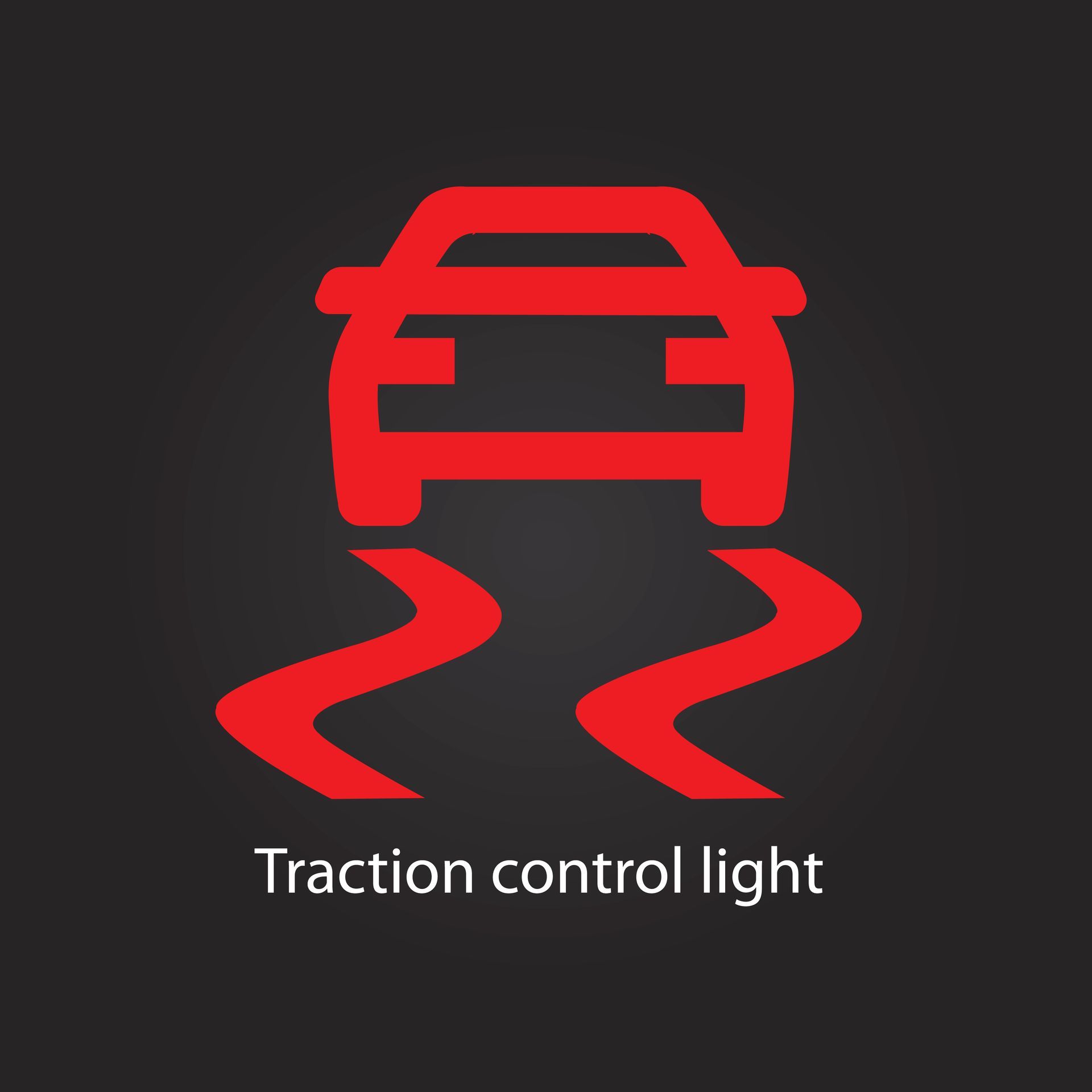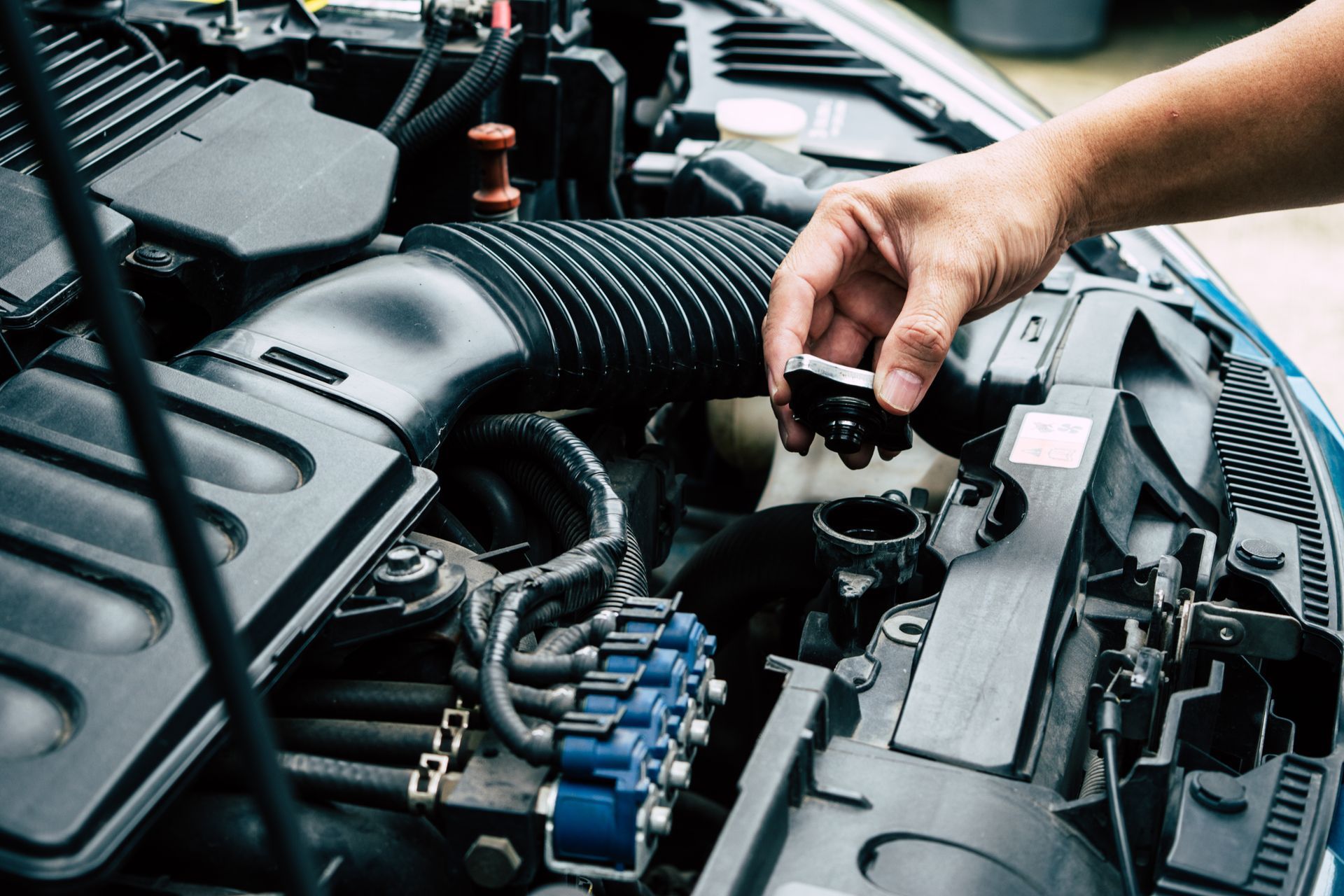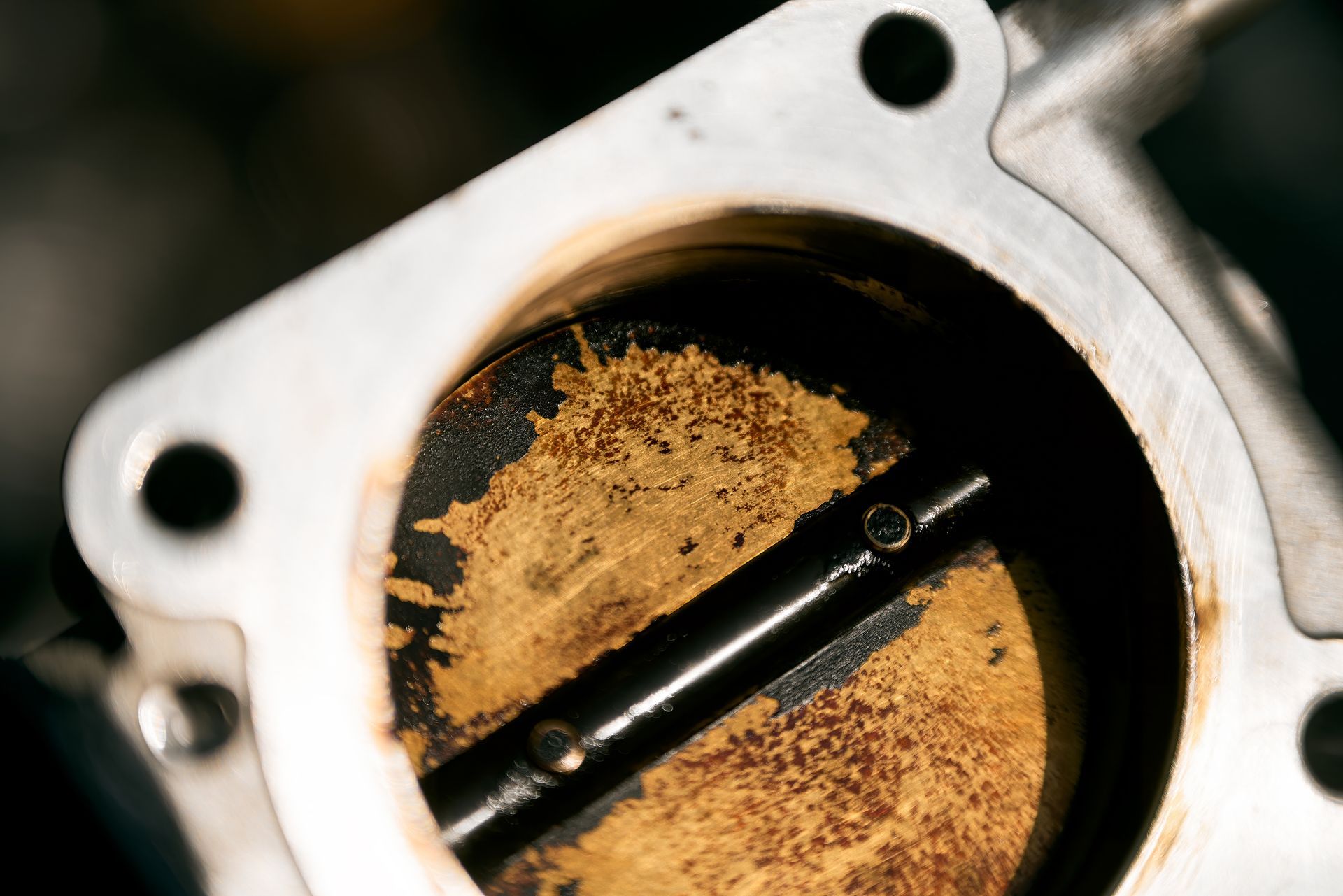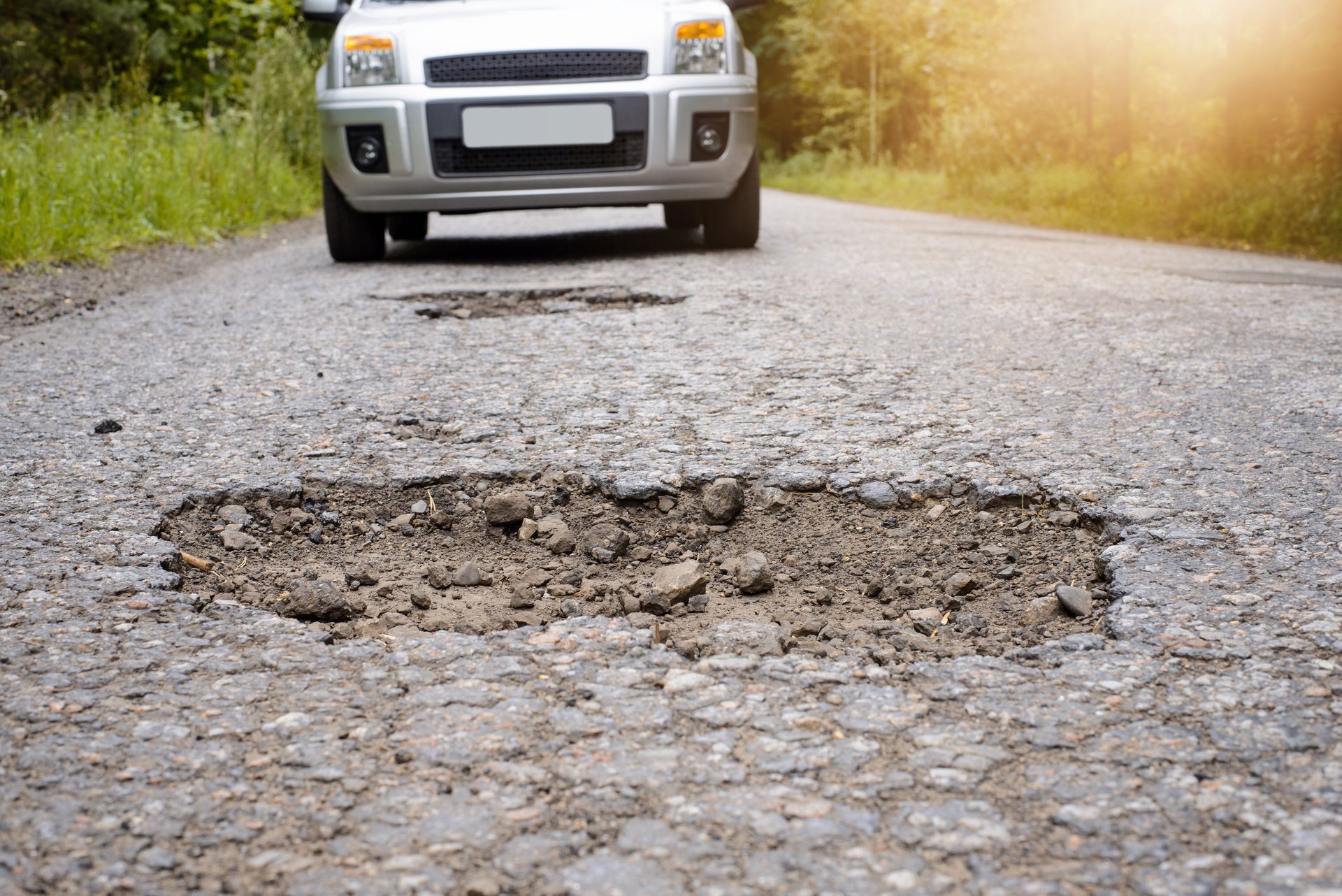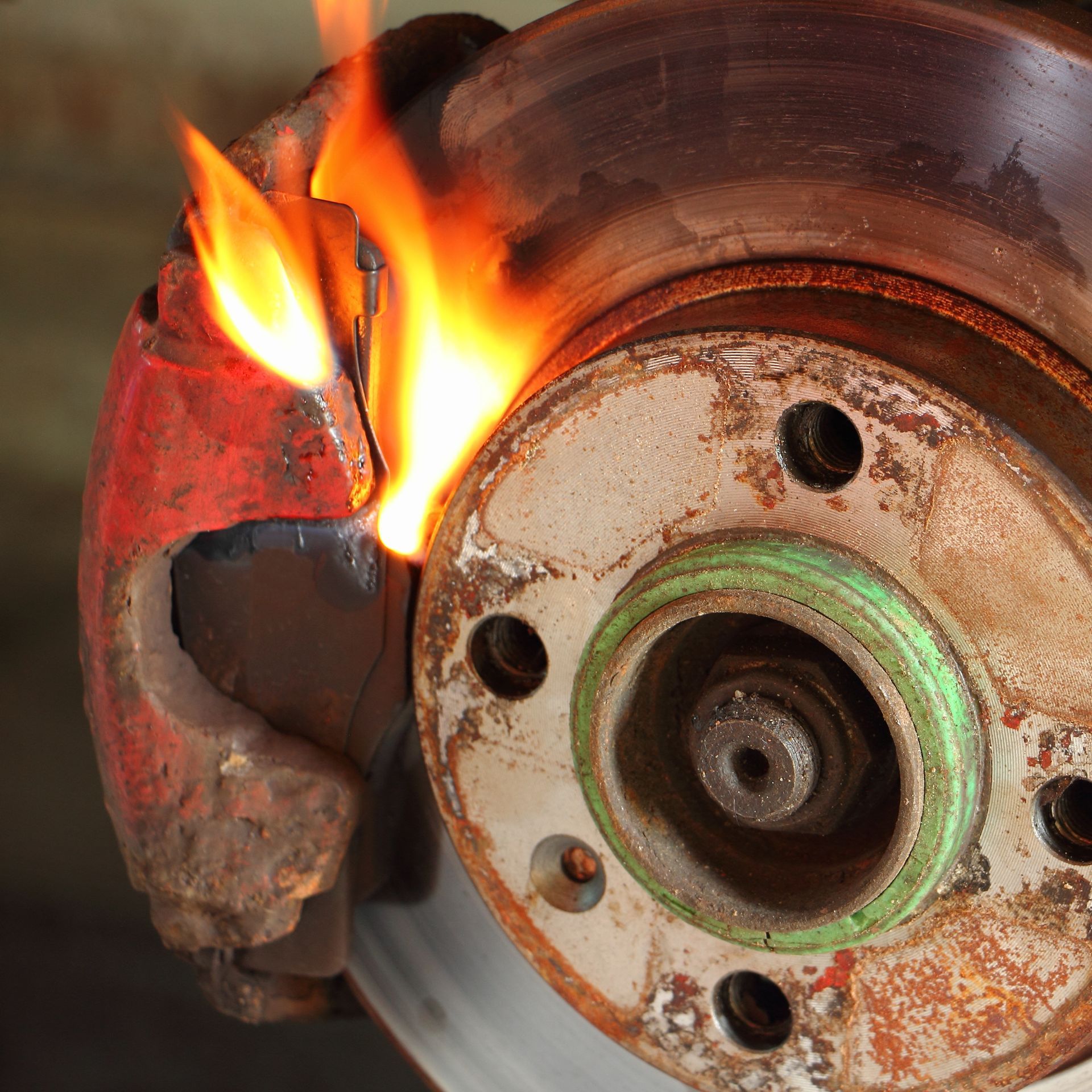Cruising down the road, commuting to work, nothing out of the ordinary - suddenly, you notice a subtle thumping sound disrupting your drive. Your tires might be trying to tell you something, and it's a language worth understanding.
Let's explore the five signs your tires are sending you, urging you to give them the attention they deserve. But first, the basics!
What Is Tire Rotation?
Tire rotation is a maintenance practice that involves moving the tires from one position on a vehicle to another. The purpose of tire rotation is to ensure that all four tires wear evenly over time. Since each tire on a vehicle can experience different types and amounts of wear depending on its position (front, rear, left, right), rotating the tires helps distribute the wear more uniformly. This not only extends the lifespan of the tires but also contributes to a smoother ride and better overall performance of the vehicle.
Uneven Tread Wear
Take a moment to inspect your tires. If you notice uneven tread wear – perhaps one side is more worn than the other – it's a clear indicator that your tires are due for a rotation. Uneven wear is often a result of the different roles each tire plays on your vehicle, and rotation helps distribute the workload more evenly.
Vibration or Thumping While Driving
If you start experiencing vibrations or rhythmic thumping while driving, your tires may be trying to tell you they need attention. Unevenly worn tires can cause imbalances, leading to these disturbances. A timely rotation can restore balance and bring back harmony to your drive.
Increased Road Noise
Tires whisper to you through the hum of the road, and an increase in their chatter might be a call for help. Noticing a rise in road noise, especially on well-maintained surfaces, could be a sign of uneven wear. Tire rotations not only extend the life of your tires but also hush the unnecessary noise that could dampen your driving experience.
Pulling Sensation While Driving
Your car should drive straight and true, but if you sense a subtle pulling to one side, it's time to pay attention. Unevenly worn tires can contribute to this phenomenon, as each tire responds differently to the road. A tire rotation allows for a more uniform distribution of wear, preventing the subtle tug-of-war between your tires.
Visible Signs of Wear
Sometimes, the signs are right in front of you. Inspect your tires for visible signs of wear, such as cupping, scalloping, or bald spots. These irregularities indicate that your tires are not wearing uniformly, and a rotation can help rectify the situation before it progresses into a more serious issue.
Need tire services? Mountain Tech Inc. is here to save the day and give your car all the tire-related services it needs, as well as others you might not be aware of!



